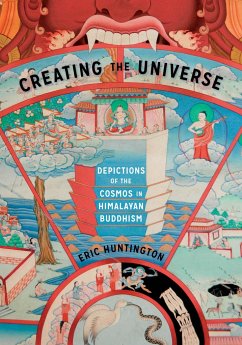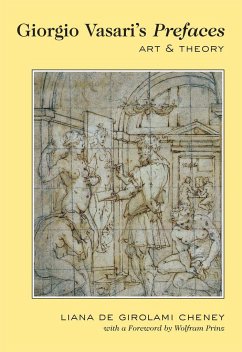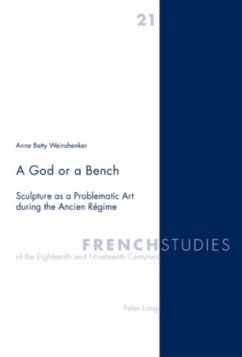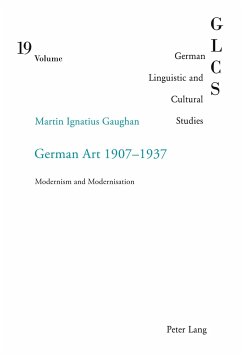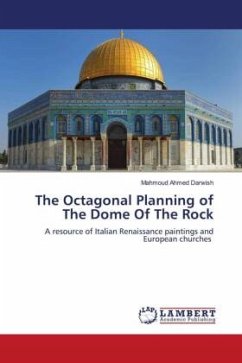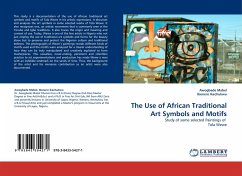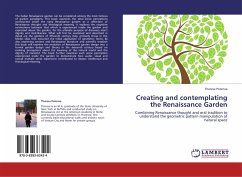
Creating and contemplating the Renaissance Garden
Combining Renaissance thought and oral tradition to understand the geometric pattern manipulation of natural space
Versandkostenfrei!
Versandfertig in 6-10 Tagen
32,99 €
inkl. MwSt.

PAYBACK Punkte
16 °P sammeln!
The Italian Renaissance garden can be considered among the most famous of garden paradigms. This book examines the total sense perceptions constructed inside the early Renaissance garden as a reflection of Renaissance thought and theological meaning. It explores the cognitive connections between that which is experienced inside the garden and expressed about the garden, for the ultimate purpose of discovery man's dignity and God-likeness. What will first be examined and described in detail are the gardens of fifteenth century Italy, primarily those in the Medici villas that executed the initia...
The Italian Renaissance garden can be considered among the most famous of garden paradigms. This book examines the total sense perceptions constructed inside the early Renaissance garden as a reflection of Renaissance thought and theological meaning. It explores the cognitive connections between that which is experienced inside the garden and expressed about the garden, for the ultimate purpose of discovery man's dignity and God-likeness. What will first be examined and described in detail are the gardens of fifteenth century Italy, primarily those in the Medici villas that executed the initial application of geometric forms. By also examining ancient and Renaissance literature and scientific treatises this book will examine the evolution of Renaissance garden design into a formal garden design and theory in the sixteenth century based on evolving perceptions about the meaning of the natural world and the dignity of mankind. The book further examines each sense perception experienced inside the garden to demonstrate how audio, visual and overall multiple sense experience contributed to deeper intellectual and theological meaning.



